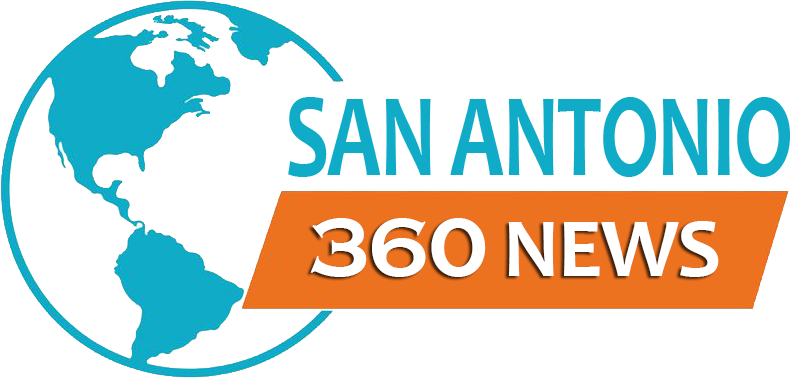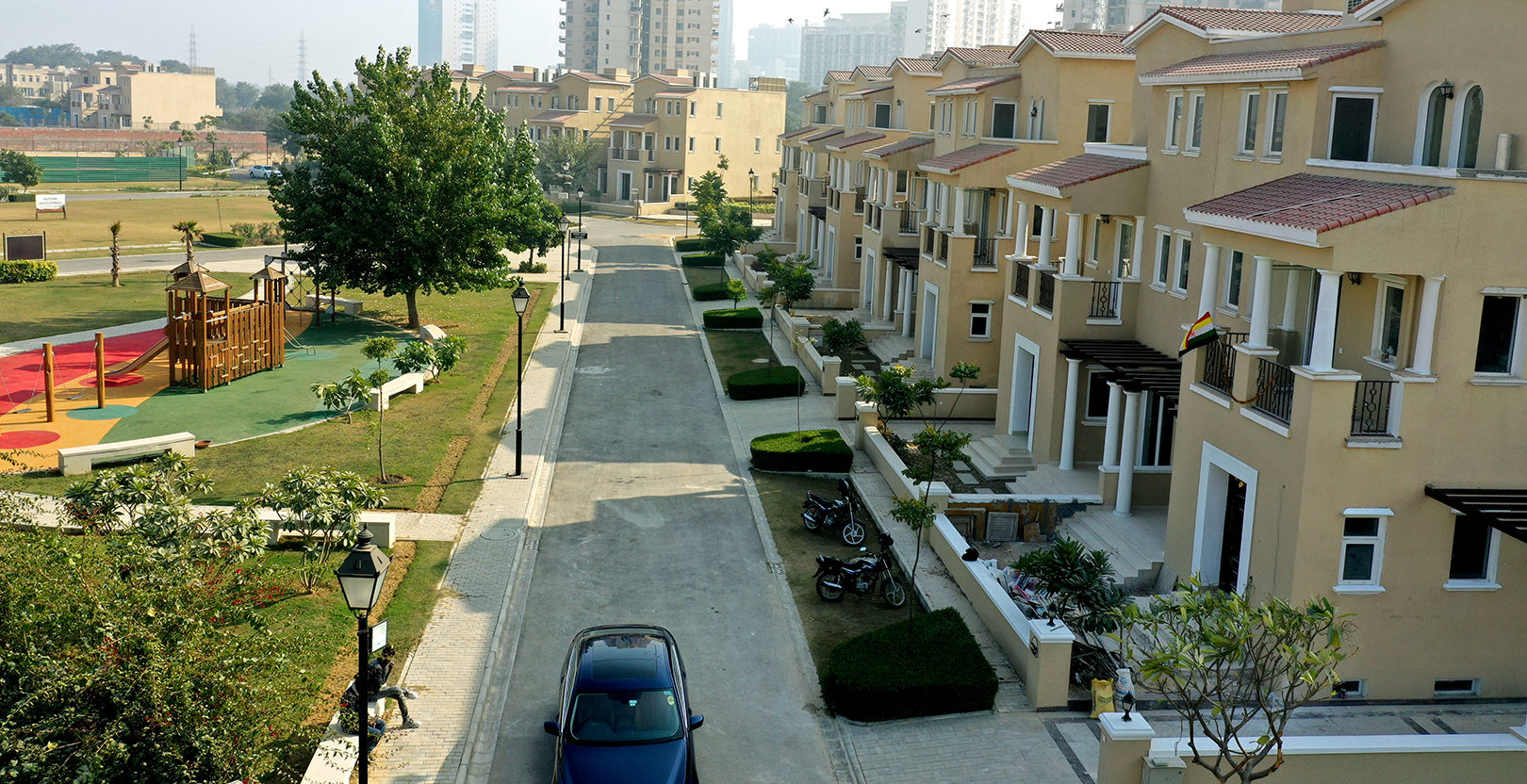Why Political Activism and Movements are Scarier than Clowns
In today's society, political activism and movements have become increasingly prominent. While some may find them empowering and inspiring, there is a growing sentiment that they can be scarier than clowns. This article will delve into the reasons why political activism and movements evoke fear in people, exploring their impact on society, the use of social media as a catalyst, and the potential consequences that can arise. By understanding these aspects, we can gain insight into the complexities and concerns associated with political activism.
The Power of Political Activism
The Influence on Policy and Governance
Political activism holds immense power in shaping policy and governance. Individuals and groups engaged in activism strive to bring attention to societal issues, pressing for change at the systemic level. This influence can be intimidating for those who may feel threatened by the potential alteration of established norms and structures.
Challenging the Status Quo
Political movements often challenge the status quo and existing power structures. These movements can disrupt the established order, which can create fear among those who benefit from the current system. The uncertainty brought about by this disruption can make political activism appear unsettling and unpredictable.
The Role of Social Media
Social media plays a significant role in today's society, impacting various aspects of our lives. It has transformed the way we communicate, share information, and interact with others. Here are some key roles that social media plays:
Communication and Connection: Social media platforms provide convenient and instantaneous communication channels, allowing people to connect with friends, family, colleagues, and even strangers across the globe. It enables individuals to share updates, photos, videos, and engage in real-time conversations, bridging geographical barriers and fostering connections.
Information Sharing and News: Social media has become a major source of news and information. Users can follow news outlets, organizations, and influential individuals to stay informed about current events, trends, and developments. However, it is essential to verify the credibility of sources as misinformation and fake news can also spread rapidly through social media.
Networking and Professional Opportunities: Social media platforms like LinkedIn are specifically designed for professional networking. They allow users to showcase their skills and experiences, connect with potential employers or clients, and discover job opportunities. It has revolutionized the job search process, enabling recruiters and job seekers to find each other more efficiently.
Social Activism and Awareness: Social media has empowered individuals to raise awareness about social and political issues. It serves as a platform for activism, allowing people to mobilize support, organize campaigns, and share their perspectives. Hashtags and viral challenges often amplify important causes, facilitating social change and encouraging dialogue on critical matters.
Business and Marketing: Social media has transformed the way businesses operate and market their products or services. Companies utilize social media platforms to engage with their audience, build brand awareness, and promote their offerings. Influencer marketing has also gained prominence, with individuals leveraging their social media presence to endorse products and collaborate with brands.
Entertainment and Content Consumption: Social media platforms provide a plethora of entertaining content, including videos, memes, articles, and live streams. Users can follow their favorite celebrities, content creators, and brands, accessing a wide range of engaging material. This has resulted in a shift in entertainment consumption habits and the rise of new digital influencers.
Personal Expression and Creativity: Social media allows individuals to express themselves, share their creativity, and find like-minded communities. Users can create and curate content, whether it's through photos, videos, or written posts, showcasing their talents and interests. Social media platforms provide opportunities for self-expression and enable individuals to find validation and support from their online communities.
However, it's important to recognize that social media also has its challenges. It can contribute to issues like online harassment, privacy concerns, addictive behaviors, and the spread of misinformation. It is crucial for users to exercise caution, maintain a healthy balance, and critically evaluate the content they encounter on social media platforms.
Amplification of Messages
Social media has revolutionized the way activism operates. It provides a platform for individuals to amplify their voices and share their messages with a global audience. However, this accessibility comes with a darker side. The rapid spread of information and the ability to mobilize large groups quickly can be overwhelming, making it difficult to predict or control the consequences of these movements.
The Virality Factor
The virality of social media posts and hashtags can contribute to the fear surrounding political activism. A single tweet or video can quickly go viral, attracting attention and often leading to heated debates. The fear of being caught up in this whirlwind of online discourse can dissuade individuals from engaging or expressing their opinions, perpetuating a culture of fear and silence.
Polarization of Society
Political activism can sometimes lead to polarization within society. As people take sides and adopt extreme positions, divisions deepen, and constructive dialogue becomes challenging. This division and animosity can breed fear and anxiety, as the unity and cohesion of communities are tested.
Threats to Personal Safety
In some cases, political activism can escalate to a point where personal safety is compromised. Protests and demonstrations, while essential for voicing concerns, can sometimes turn violent or attract aggressive counter-movements. The potential for harm or clashes can generate fear among individuals, deterring them from participating or openly supporting such movements.



:strip_exif(true):strip_icc(true):no_upscale(true):quality(65)/cloudfront-us-east-1.images.arcpublishing.com/gmg/MGOPKQZ2QJC5ZBIZIJ45OJE3VE.jpg)


:strip_exif(true):strip_icc(true):no_upscale(true):quality(65)/cloudfront-us-east-1.images.arcpublishing.com/gmg/ZNDEDHWC3NDWJL7JPG25667QLY.jpg)
 English (US) ·
English (US) ·